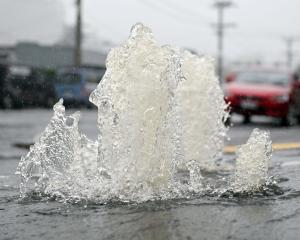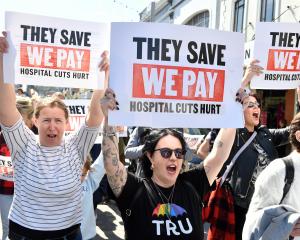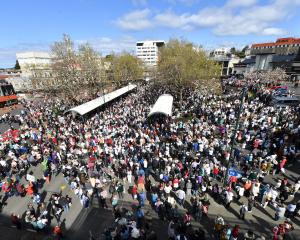
Here in Dunedin we have been thinking about the impacts of climate change for some time.
In 2015, South Dunedin was severely flooded prompting the late Dave Cull, CNZM, to remark on the need for managed retreat.
A conversation was started with council and community about the future of a fabulous, high amenity, and accessible part of our city.
We have seen the establishment of the South Dunedin’s Future work and the St Clair to St Kilda coastal plan.
More work is needed here, and around the country, to assess the difficult questions when specific areas need to move, where they go, and who pays.
We need to think about how we utilise what we have now, while still thinking about the uncertainty of the future.
Prior to entering Parliament, I was part of a team that reviewed the Resource Management Act.
That panel recommended much stronger natural hazard provisions — to stop new development in already vulnerable places. This recommendation found its way to the Labour 2020 manifesto and is part of Climate Change Minister James Shaw’s work.
In addition, the bipartisan Zero Carbon Act required Government to produce a climate adaptation plan. This was released last year. And the cross-party Globe forum exists for MPs to discuss climate issues.
In November we heard from the Delta Commission in the Netherlands about its (non-partisan funded) future-focused work.
It’s really important that we look after each other right now and into the future.
Climate change adaptation is expensive.
I know people will want to say we can’t put a price on people living in a safe home; but we can. We need to re-think how we live, how we work, and how we will keep communities safe. Which means fairness and financial issues need to be thought through.
As a backbench MP this is a major focus for me as the new chair of the finance and expenditure and deputy of the environment select committee.
Climate change adaption is a problem that requires us all to consider the longer term.














